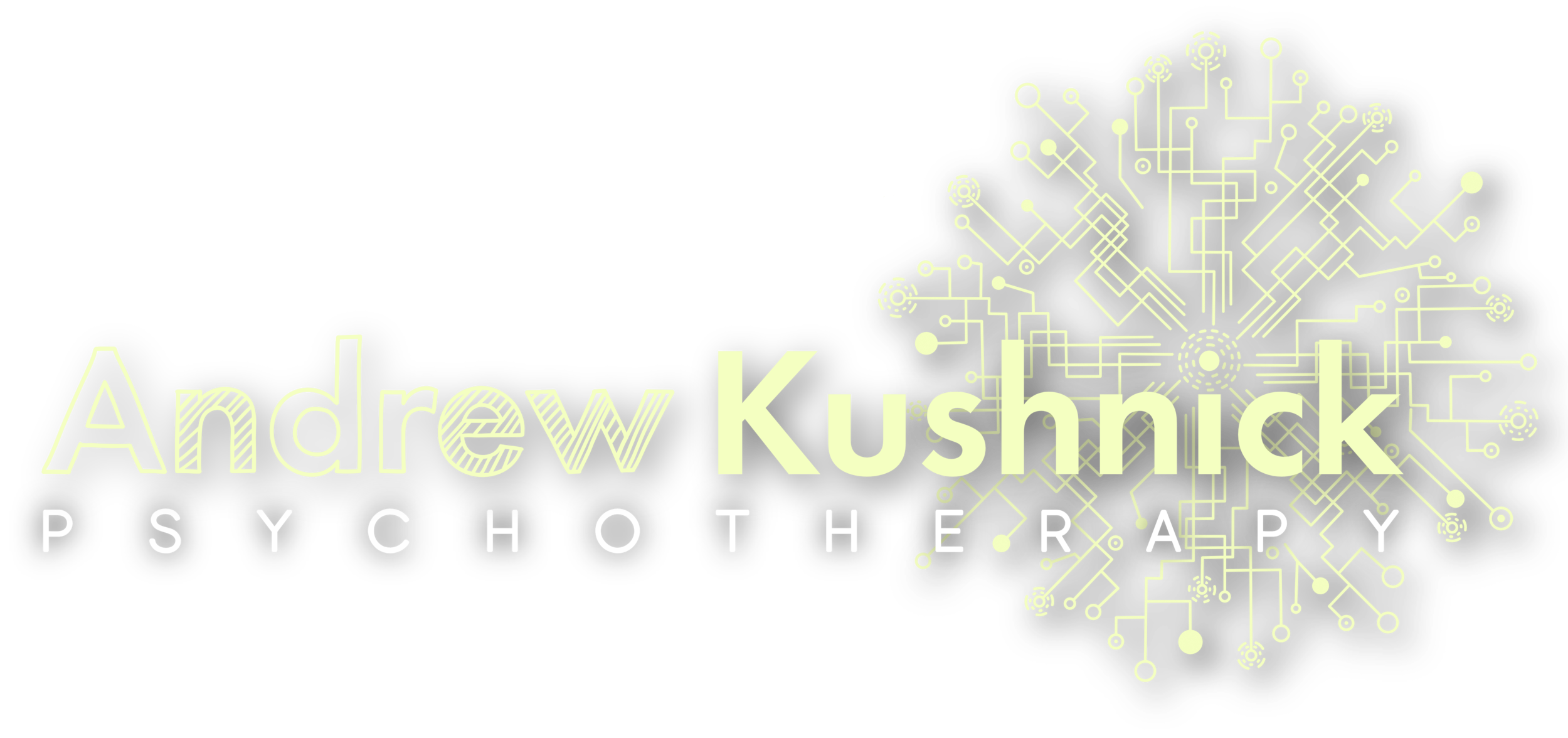How to find direction in life: 10 essential tasks.
So many of us feel stuck. While we may instinctively sense that we’re in the wrong career, wrong relationship, wrong place, wrong habits, etc., it may just be a vague feeling that something’s not right.
First, of all, it’s totally okay. You’re not alone in searching for direction; life takes twists and turns for all of us. We’ve all gotten stuck, sensing we’re unhappy but unsure what the right path is. For so many, it’s unsettling to not know what’s ahead. And change can feel downright scary.
See if you can think of this as a crossroads. And I’m not just giving you “happy talk” here… the fact that you’re exploring what you want is a good thing. Think about it… as a result of this process, you might soon be on the verge of figuring stuff out, making some necessary changes, and finding fulfillment. If at all possible, see if you can embrace this process of self-discovery.
Drawing upon my work with clients who’ve embarked upon similar journeys, I’ve here to offer some tasks to help get the creative juices flowing, to get you thinking, and to (hopefully) inspire you.
Return to the kid in you. Remember when you had no obligations? Okay, you probably had to go to school, but other than that, you had lots of time to yourself, right? You were free to wander, to explore whatever you found interesting. In those moments, what were you drawn towards?
Allow yourself to daydream. Recreate that kid in you, and give yourself some boundless time and space. I’d suggest a walk outdoors. Nix the cellphone, or at least keep it from interrupting. You’ll be creating some mental space that’s all too rare in our lives. Ideas may develop.
Do some “backburner processing.” Powerful insights and realizations can spontaneously arise when we’re not trying so hard to generate them. Do something that doesn’t require conscious thought, and let your problem-solving mind operate in the background. For me, this happens when I go for a run. For others, it may happen while eating a meal, sitting on a train, playing a videogame you’re already good at, etc.
Listen to what you’re feeling. So many of us are out of touch with our emotional experience. Why is this important? Our emotions are there to guide us. If you’re feeling a certain way when interacting with your manager, with a friend, or with your significant other, that’s useful information. That may tell you that you need to a) tell them how they’re impacting you; b) set an appropriate boundary; c) ask for something; d) make a decision; etc. If you’re struggling in this category, therapy can help to identify how we’re feeling.
Ask your peops when they’ve seen you “come alive.” You know, the people who have known you the longest, the ones who know you really well. They’ve probably seen your eyes light up or your energy spike when certain topics are mentioned, without you even realizing it. The idea would be to steer yourself towards these things.
Identify what you’re good at. Think of a time when someone either complimented you or thanked you for something. What was it? That might point you towards an ability or a talent that you didn’t realize you had.
Follow your clicks. What kinda stuff do you upvote on Reddit? Who are you following on Twitter? What are you saving on Pinterest? When we have free time, what we click on (and how we choose to spend that free time in general) says a lot about our natural interests.
Look to your heroes. We often have people around us whom we admire, who teach us things without realizing it. Think of three such people, either in your life or out there in the world. What is it about them? Is there a message that you can take from how they’re living their life?
Find what matters to you. I frequently work with clients on ways to identify what drives them, what fulfills them, what they value. There are all sorts of prompts and exercises to engage in on this front. One is imagining your 80th birthday party. You’re standing (or more likely, sitting) there and your best friend is talking about the type of person you are. What would you want them to say? You might want to make decisions that point you in that direction.
Allow for course corrections. You may find yourself at a different point five or ten years from now, and in most circumstances you can change course again. This is designed to take the pressure off of you. Just knowing this may help you just go for it.
I’d suggest starting with 3-4 of these… the ones that resonate with you the most. And then invest in yourself, by eliminating distractions and setting aside a good 15 minutes (at least) for each one. Whatever ideas or inspirations come up, jot them down. Engage other bright minds. Bounce your ideas off of your significant other, your best friend, a close family member, or your therapist. That way, you can riff on them, developing them further. No matter what, go easy on yourself! Although it may not happen right away, a better path awaits.

